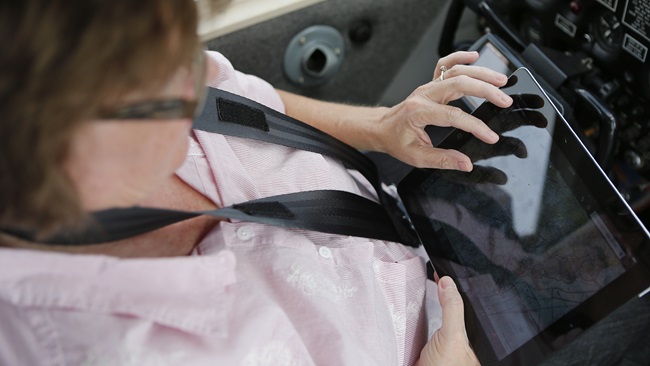Air taxi disruptor buys Bye's electric airplanes
Bye Aerospace will sell two dozen all-electric airplanes to a Los Angeles-based air taxi operator that is building an urban mobility rival to eVTOL.
The purchase-deposit agreement lines up Quantum Air to receive 22 four-place eFlyer 4 models and two of Bye Aerospace’s two-place eFlyer 2 aircraft, the companies said in a news release. Quantum Air aims to make air taxi service in the Los Angeles area more affordable, and more efficient.
Adding Bye to Quantum’s board will “tightly integrate” the two companies, said Quantum CEO Tony Thompson.
“With the arrival of electric aircraft, we are entering a new Golden Age in aviation,” Thompson said. “Since the dawn of flight, point to point air travel has been a luxury available only to a privileged few. Quantum’s groundbreaking air taxi service will finally make point to point air travel widely available.”
Scott Akina, Quantum’s vice president and chief pilot, predicted that Quantum’s mission to electrify aviation “will ignite urban and regional mobility. Electric aircraft are safer, quieter, and more efficient than legacy aircraft, and they are more fun, more comfortable, and do not pollute.”
The Quantum purchase announcement also noted the signing of “a comprehensive agreement that includes two future advanced aircraft under development from Bye Aerospace.”
On Aug. 6, AOPA reported that Bye Aerospace is working with English firm OXIS Energy to develop lithium-sulfur (Li-S) battery cells for the eFlyer 4, which is projected to enter service as an FAA-certified, IFR-capable model in 2022. The lithium-sulfur cells “have the potential to greatly enhance the quality, cost and performance of eFlyer 4 and our other future aircraft projects,” Bye said.



